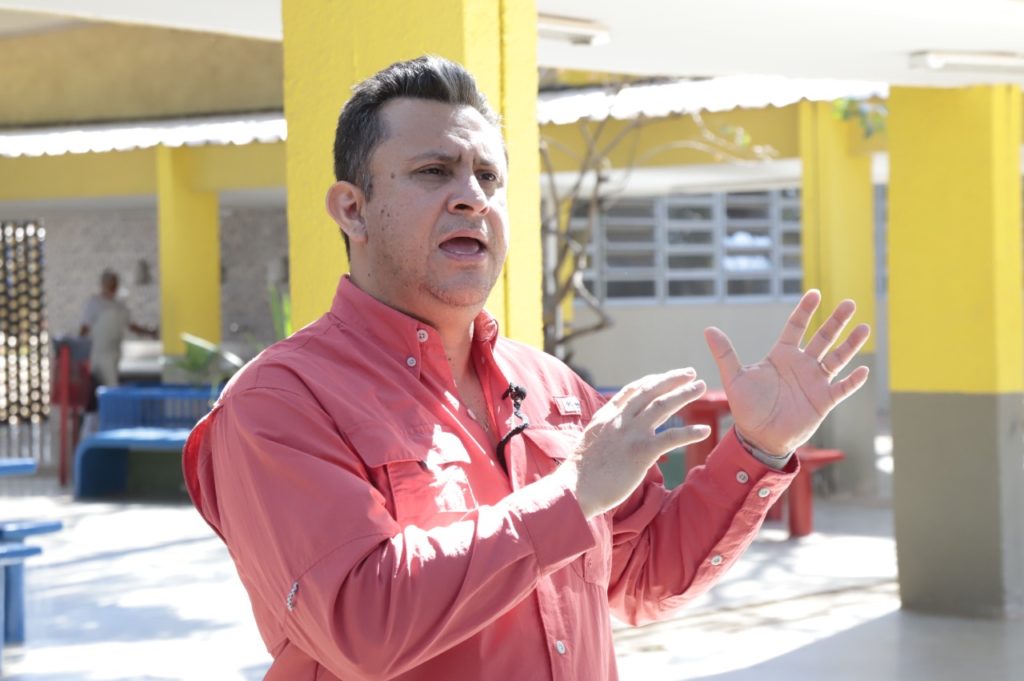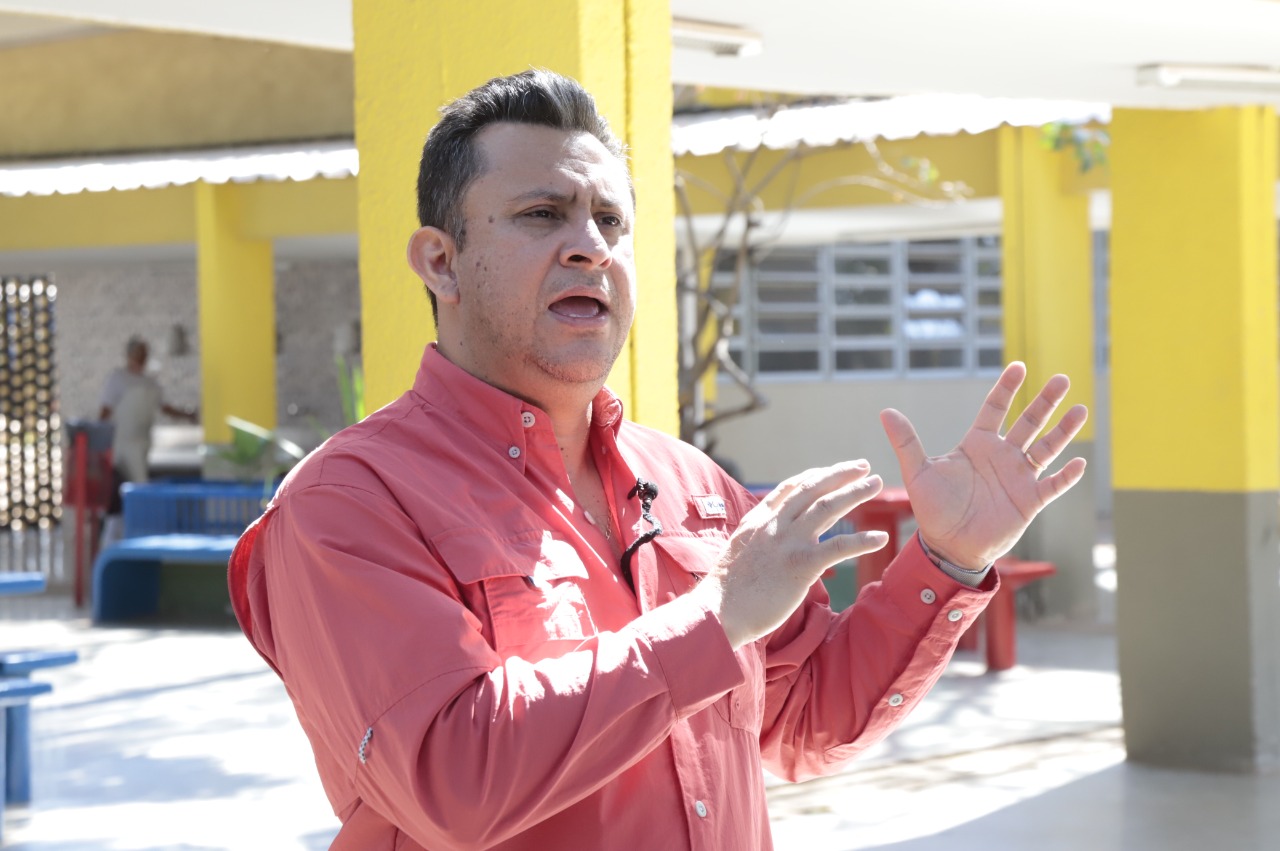“The paradigm shift from programmes focused on food assistance to programmes that have a rights-based approach, especially the human right to adequate food, is the main advance in school feeding in Latin America and the Caribbean,” said Jorge Ulises Gonzalez, FAO regional consultant for healthy eating programmes, in an interview with the Sustainable School Feeding Network (RAES, for its Spanish acronym) platform.
Jorge has been working on programmes related to school feeding, healthy eating, and nutrition for 15 years. He points out that LAC countries need to implement practices that allow them to approach and exchange successful experiences among themselves, in the design of public policies, dialogue processes and other actions with results that contribute to achieving the goal of Sustainable Development Goal 2: Zero Hunger.
“This work methodology of Brazil’s Technical Cooperation in bringing countries closer to the experiences is extremely relevant, in terms of management, fund administration, public contracting, monitoring, and follow-up,” evaluates Jorge. “Today, countries are talking about linking school feeding to the Sustainable Development Goals and the contribution that school feeding programs can make”.

“The exchanges allow the region not to see itself as an island, that each country has its agenda, but that harmony is achieved between countries. This network makes it possible to improve the processes that each country has in place and strengthens the improvement of public policy. In short, it is a win-win situation for all countries.
For Jorge, school feeding has advanced a lot since the implementation of the Brazil-FAO Cooperation in school feeding, which began in 2009 with the support of the Brazilian Cooperation Agency (ABC/MRE), the National Fund for the Development of Education (FNDE) and the Food and Agriculture Organization of the United Nations (FAO).
The FAO expert defines Brazilian technical cooperation as a platform where countries can transparently look at what is happening within the National School Feeding Programme (PNAE) in Brazil and somehow get to know those good practices and integrate them, improving their public policies.
“There have been great advances in terms of institutional and legal frameworks. Several countries in the region have passed legislation, and others have improved their public policies and increased their budgets to meet the demand for school feeding. And in terms of monitoring and follow-up, countries have invested above all in accountability,” he explains.
For the expert, an extremely relevant aspect is the inclusion of nutrition. “School feeding should not be planned in terms of a budget, instead it should be for improving nutrition”.



